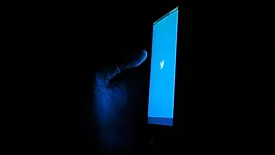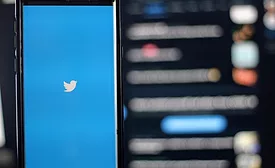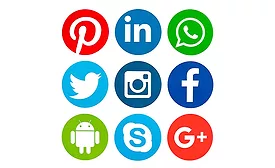Home » Keywords: » twitter
Items Tagged with 'twitter'
ARTICLES
Twitter lacks cybersecurity & data privacy best practices, says ex-security chief
Security expert roundtable: Leaders across the industry react to the security allegations
August 25, 2022
Sign-up to receive top management & result-driven techniques in the industry.
Join over 20,000+ industry leaders who receive our premium content.
SIGN UP TODAY!Copyright ©2026. All Rights Reserved BNP Media.
Design, CMS, Hosting & Web Development :: ePublishing





